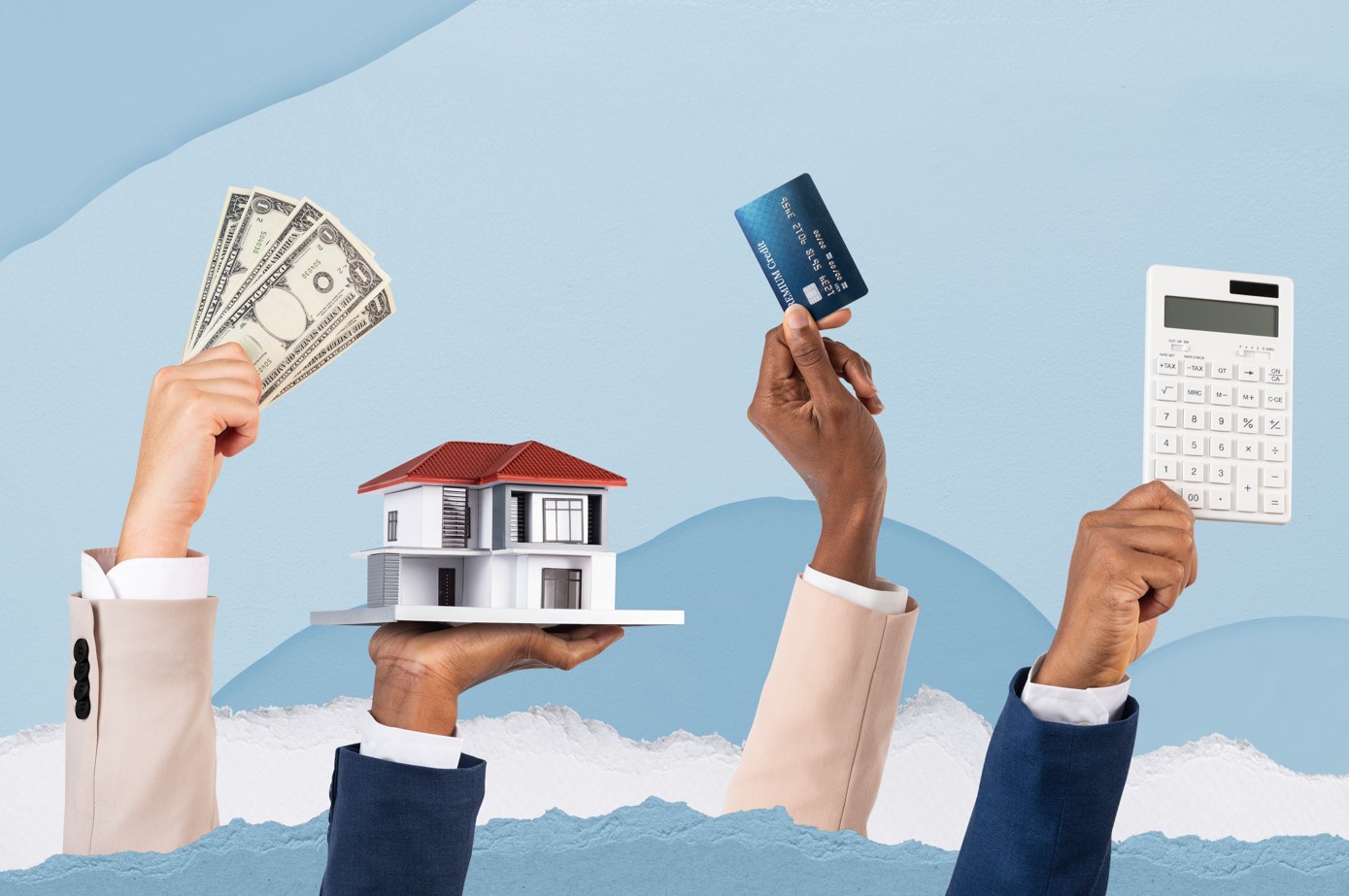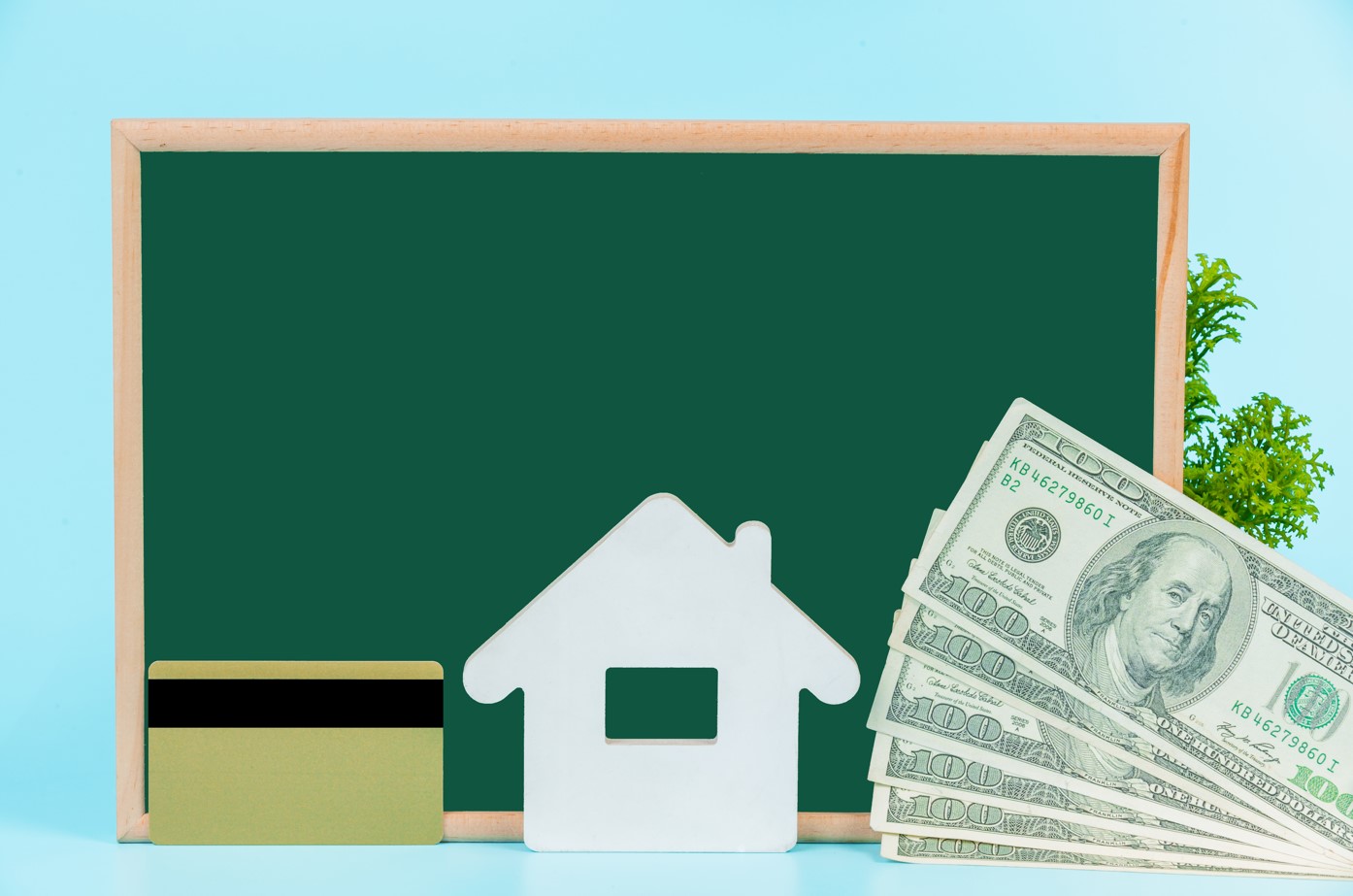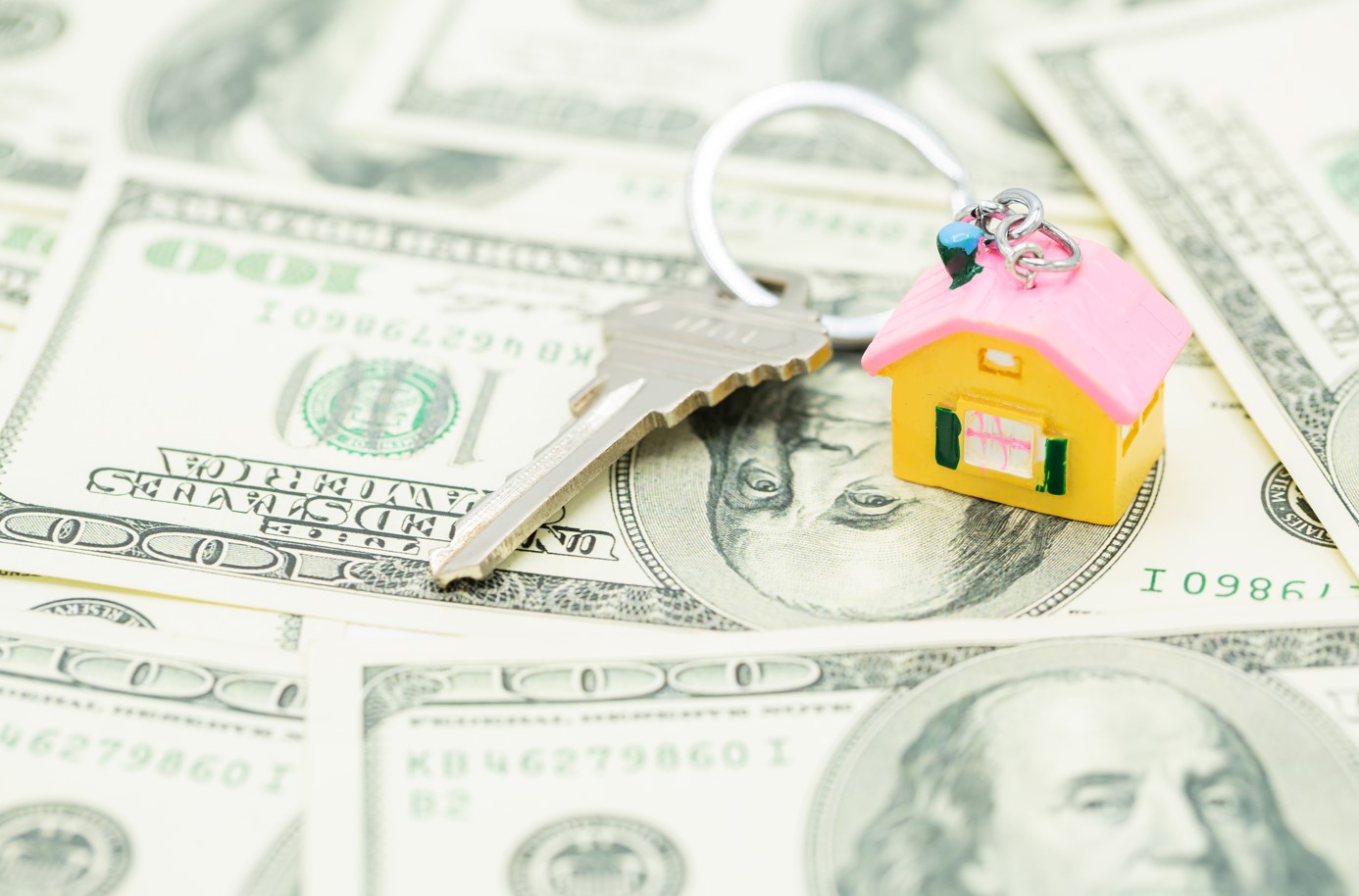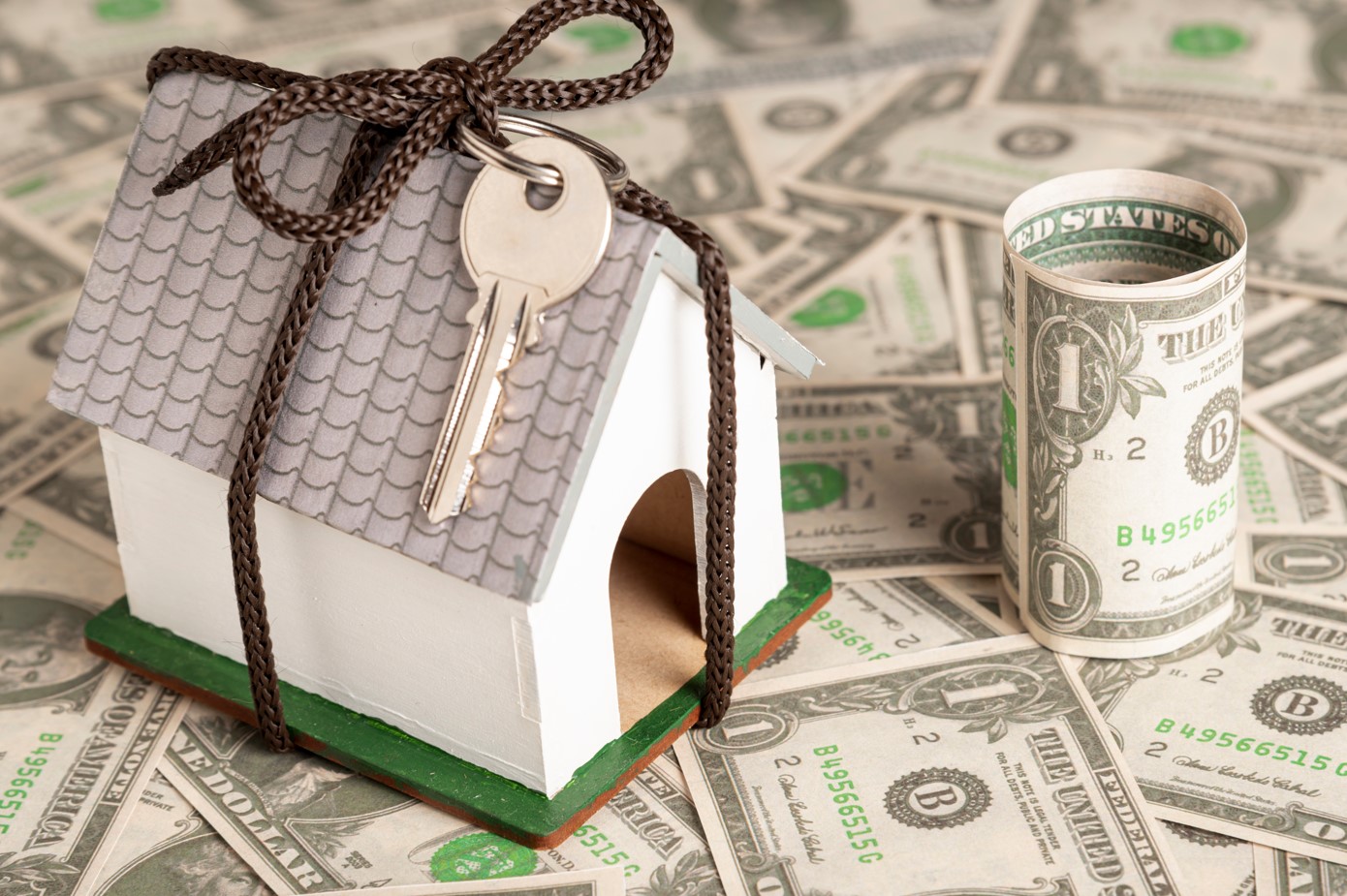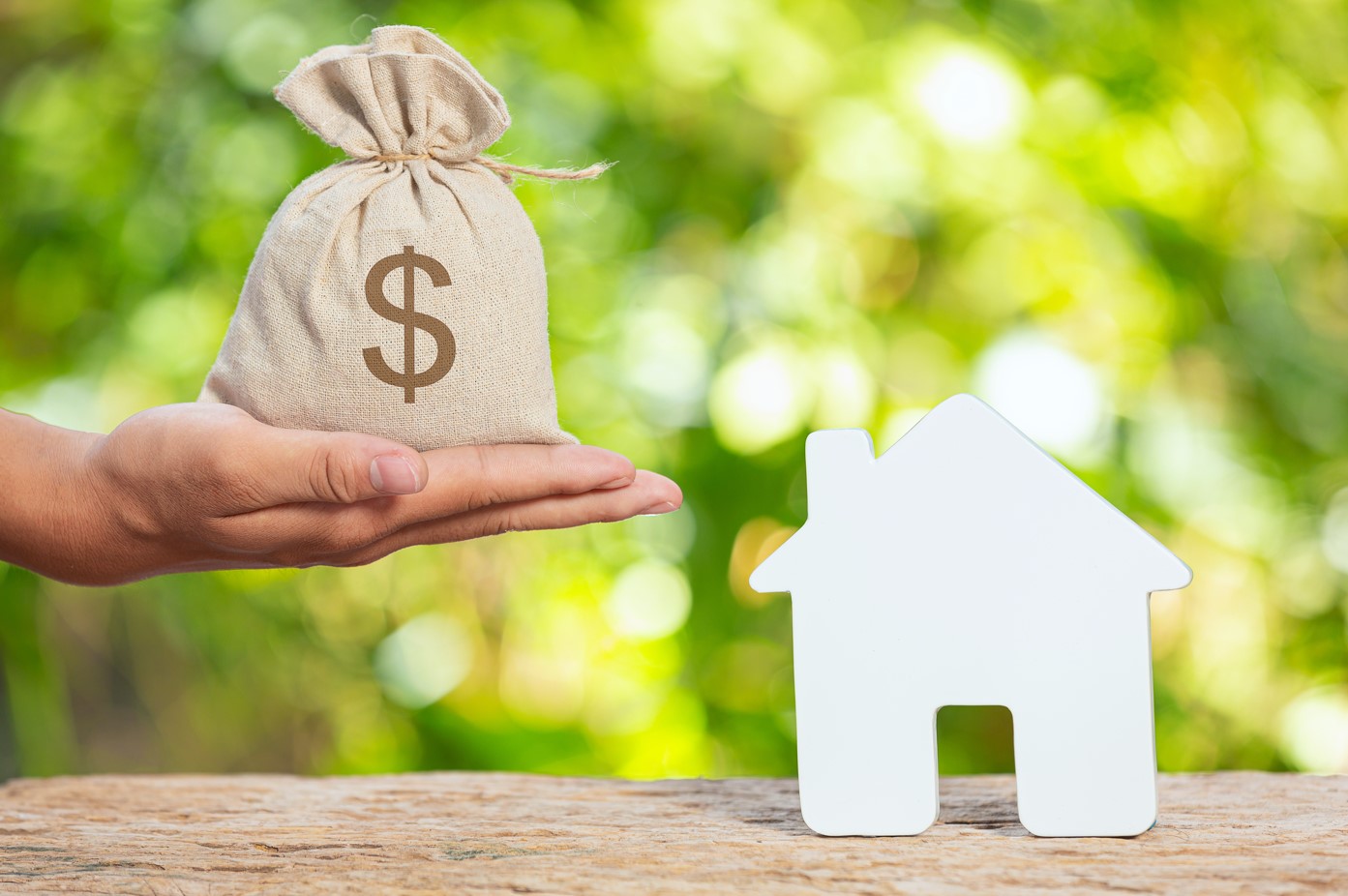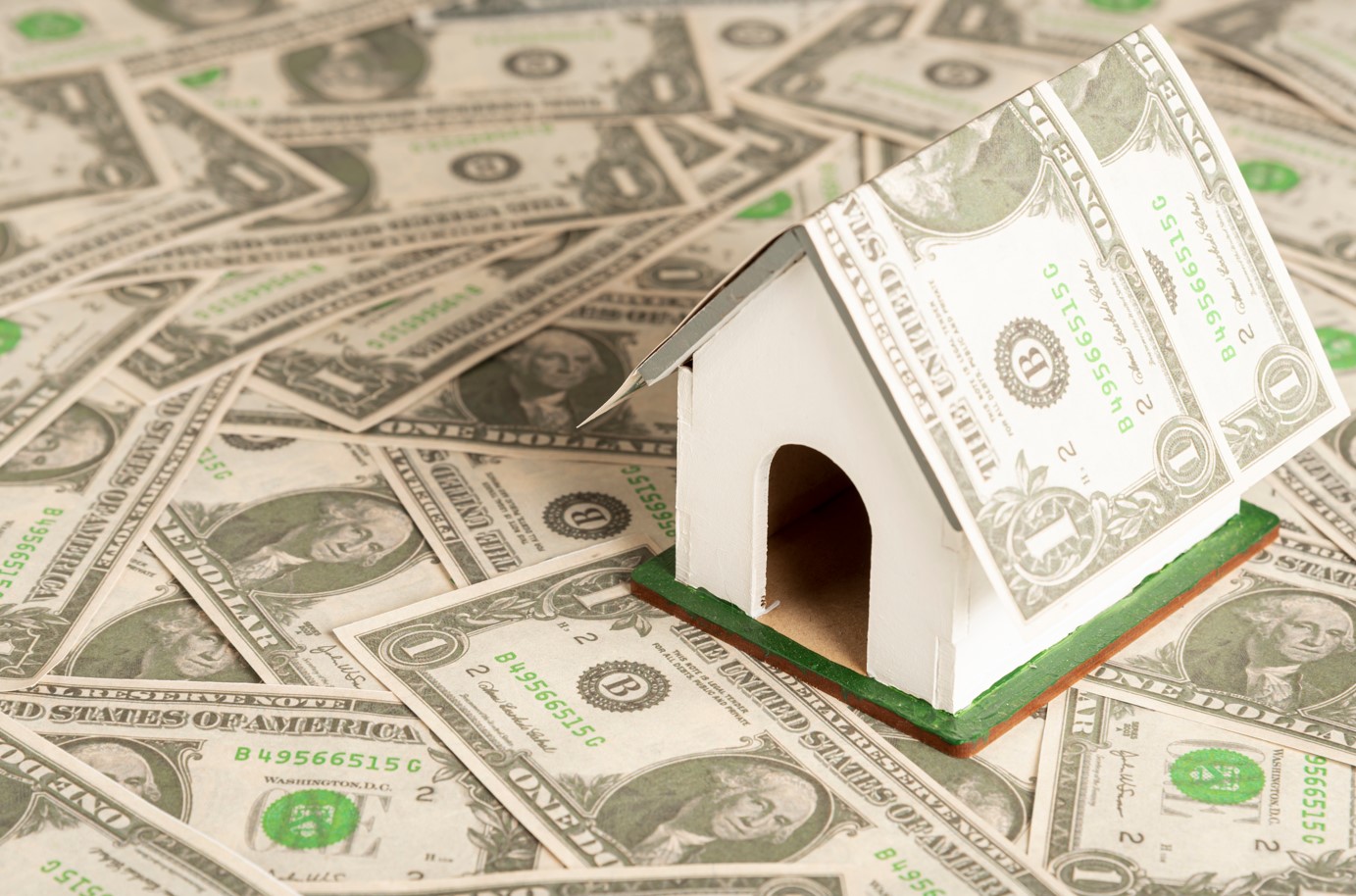Ways to Enhance Your Equity

If you’re considering selling your house, you may wonder what will happen to your equity. When you sell your house, you’ll usually be able to keep any equity you have. However, there are some exceptions. For example, if you have a mortgage, you may have to pay off your loan balance before you can keep any equity.
At Selling.House, we are quite familiar with how much effort it requires for someone to sell a house. You might be wondering about your home’s equity, and what will happen to it once your house sells. Indeed, equity is an important thing! Therefore, you must think about it and assess it correctly.
Having more home equity means you will be in a better position. If you’re thinking about relocation, it’s essential to have at least 10% equity in your new house. However, if you want to buy a larger house, you will need at least 15% equity.
Home equity becomes a real, usable asset when you sell your house to a buyer willing to pay you in home equity. This can be an excellent way to get the most out of your house’s sale while still getting the cash you need.

What Happens to the Equity I Have in My House After I Sell It?
Once you sell your house, you’ll pay off any mortgage debt, liens placed on the property, and closing costs. After you pay all these costs and obligations, the remaining value from the sale is yours to spend as you see fit. If you choose to close using a title company, they will send you a check or wire transfer to settle all outstanding debts. In short, having equity in your house is in your favor.
How to Calculate Home Equity?
If you buy a house, you’ll need to know how to calculate equity. Home equity is the portion of the value of your house that you own outright. This is important to know because it affects your ability to get a loan and the amount of money you’ll need to put down when you buy a house.
To begin calculating equity, determine the appraised value of your house. Then, subtract any outstanding mortgage debt or other liens on the property.
Ways to Improve Equity:
If you’re a homeowner, you probably know that equity is the portion of your home’s value that you own outright, and nobody wants to have negative equity.
Having positive equity in your house causes the entire sale to be easy, especially when dealing with other costs while selling your old house and buying a new one.
You can build home equity in several ways:
1. Make mortgage payments.
Making regular mortgage payments will gradually increase your equity, which, in turn, will increase your house’s value. But, if you want to maximize your equity growth, consider making extra payments on your mortgage. This is how you’d benefit when you decide to sell your house.
2. Price appreciation.
Price appreciation can be a great way to build equity and wealth over time. If you’re considering selling your house, you could also benefit from it; you get many privileges when you own a house.
Similarly, when the price of a property rises, this is the time to take advantage of the price appreciation opportunity; when your house’s value goes up, so does your equity.
3. Stay in your house longer.
One of the best things you can do to build home equity is to stay in your home longer. You’ll eventually build up a significant amount of equity by making mortgage payments and remaining in your house.
Of course, this takes time and patience, but it’s worth it in the long run if you’re committed to improving your home equity. Sometimes, you may be unable to wait, but this is the best thing to do in typical situations.
4. Make improvements to your house.
By increasing the value of your house, you’ll also be increasing your equity. There are several different enhancements you can make to your house that will increase its value. Some of these include:
Adding new floors or carpeting.
Working on the exteriors of your house.
Making landscaping updates.
Adding a deck or patio.

These methods are easy and can benefit you in the long run, especially when you decide to sell your house to enjoy the equity.
5. Refinance your mortgage.
Refinancing your mortgage may be a good option when building your home equity. By refinancing, you can get a lower interest rate and monthly payment, freeing up some extra cash each month. You can use that money to improve your house, pay off debt, or save for other goals. Just be sure to shop for the best refinance deal, and compare refinancing costs with the benefits before deciding.
Not having equity in your house will mean you will not have any money to buy a new one once you sell it. Because of this, many homeowners wait to build up equity in their houses before selling them.
It’s not mandatory to have equity when selling your house, but it would be best if you do. If you don’t have equity, you will have to pay off part of your mortgage and cover the costs of the sale. Other less desirable options include doing a short sale or deed-in-lieu, which will likely damage your credit score.
While selling your house, you might wonder if you can sell to a cash buyer if you don’t have enough equity. The answer is yes; you can sell a house with no equity. In this case, selling to a cash buyer is advisable!
Selling to a Cash Buyer
Selling your house to a cash buyer assists in getting you out from under a mortgage if you don’t have enough equity. Usually, these are buyers looking for properties they can fix up and sell for a profit. They will often pay less for your house than it’s worth, but you won’t have to deal with the hassles of repairs and maintenance.
In other words, a cash buyer is an investor who buys houses for cash without financing. This means they can close quickly without going through the bank approval process. This can be a good option if you need to sell your house fast and don’t want to go through the traditional sale method.
Selling a House With No Equity Through Short Sale
If you’re facing foreclosure, don’t have any home equity, or find yourself owing more on your house than it is worth, you may consider selling it through a short sale. A short sale is when a bank (i.e., lender) accepts less than what you owe on the mortgage (i.e., outstanding balance) to release the lien and allow the sale of the property.
It can be complicated, but if you work with real estate experts by selling through a short sale, you may do it without any tension. This can be a good option if you can’t afford to keep up with your mortgage payments. However, it will still damage your credit score.
You may have heard that your home equity can be valuable, but what does that mean? A mortgage balance is the difference between the appraised value of your house and the mortgage loan balance.
When to List Your House For Sale
Deciding whether or not you should sell your house is a difficult decision to make; it’s not something you should take lightly, and it’s hard to know when the timing is right. But, if you have equity in your house now, this just might be the time to list it!
Conclusion
Many factors are essential when you decide to sell your house. Indeed, you have to ensure enough equity in your house to cover the costs of selling it. Having equity in the property makes things easier for you; this is the best time to sell a house.
If you have home equity, you can sell your house and use the proceeds to pay off your mortgage. You’ll also have extra cash for other purposes, such as investing, paying down debt, and finding a new living place.
Selling your house as-is (and for cash) is beneficial in eliminating the stress of an unwanted property. Here at Selling.House, we would love to make you a cash offer to buy your house in its current condition.
Don’t hesitate to contact us to learn more about accessing your home equity and how to maximize it. Choose a straightforward and efficient path to selling your house – choose Selling.House and experience the ease and reliability of a cash home buyer.


